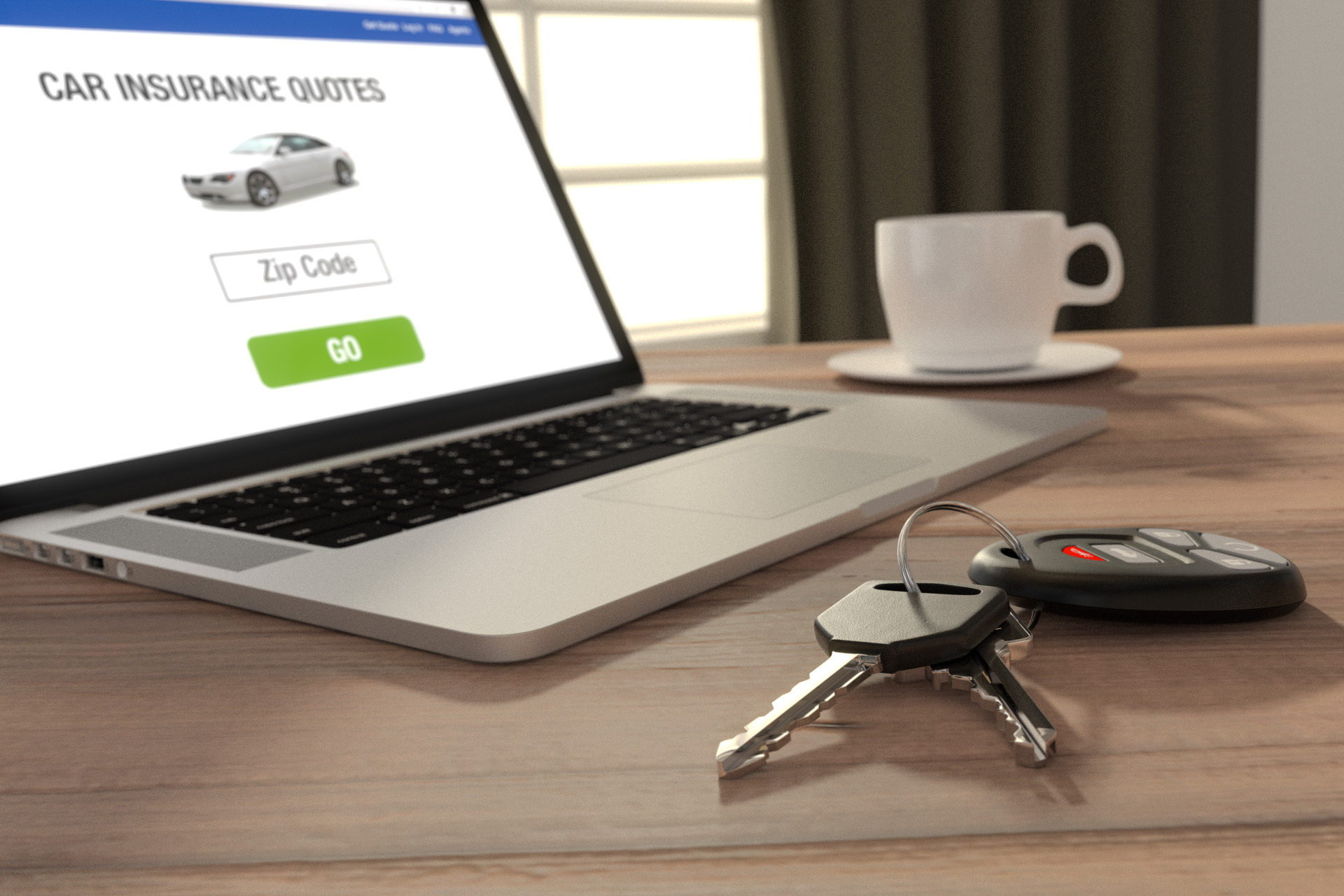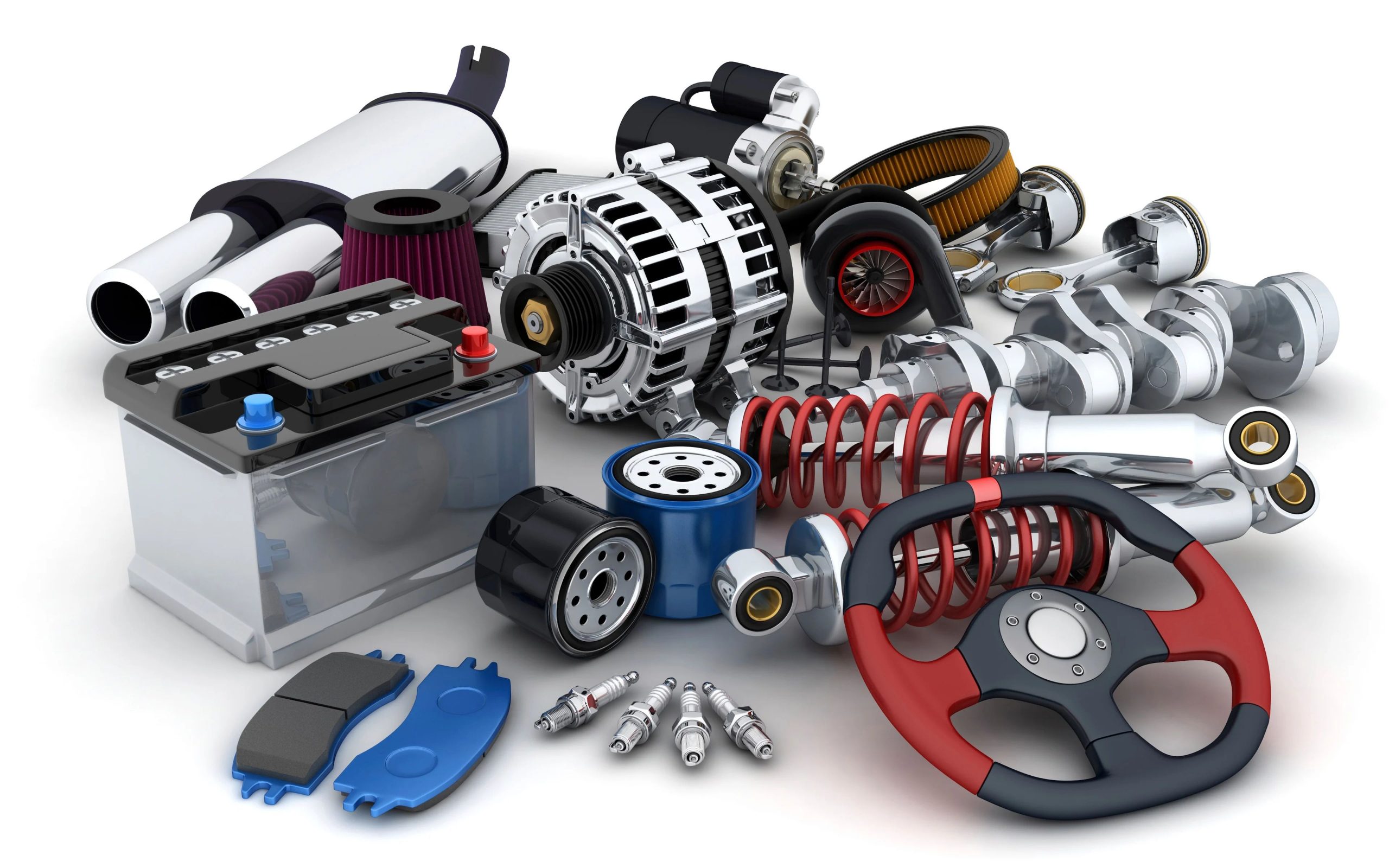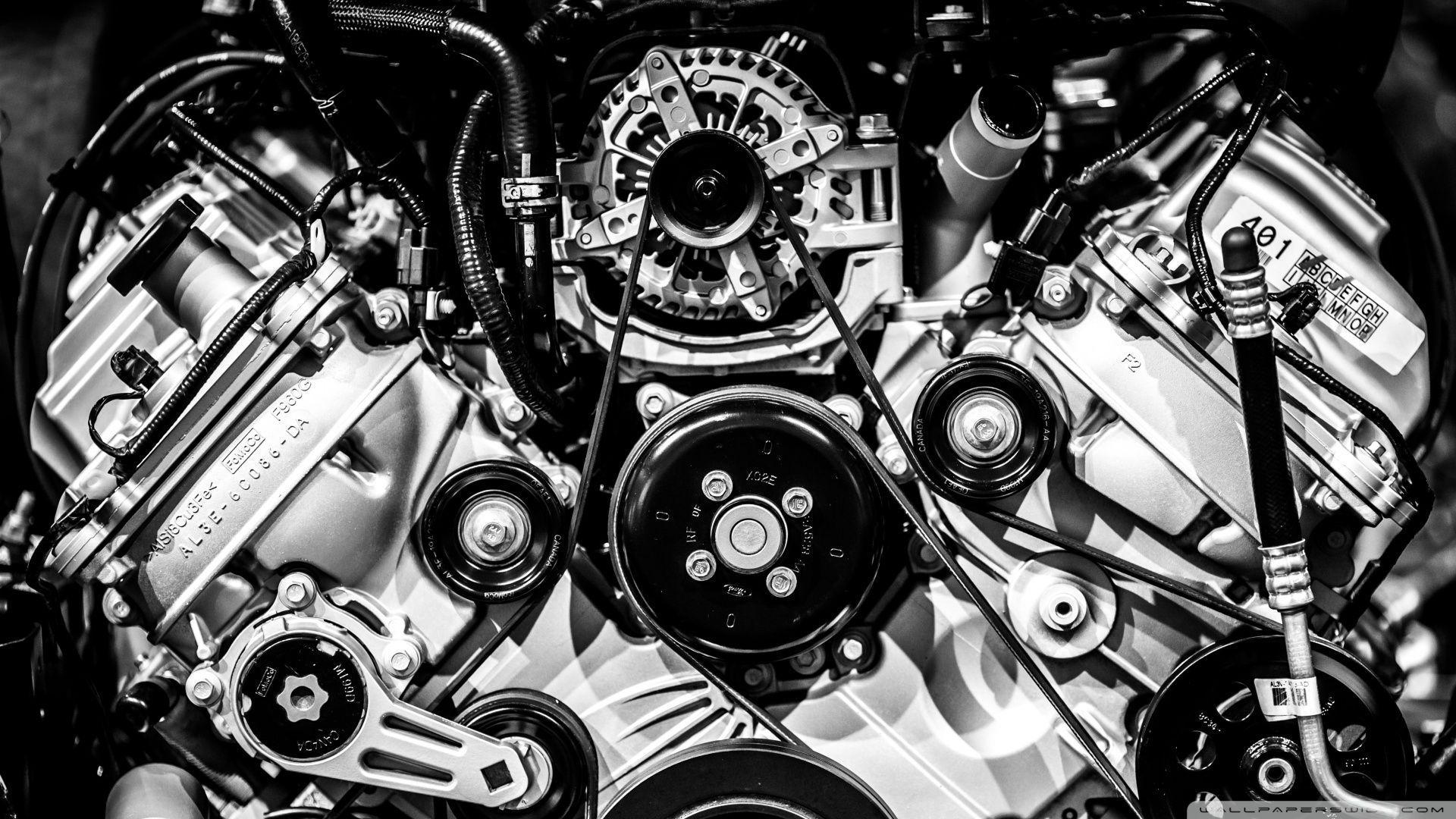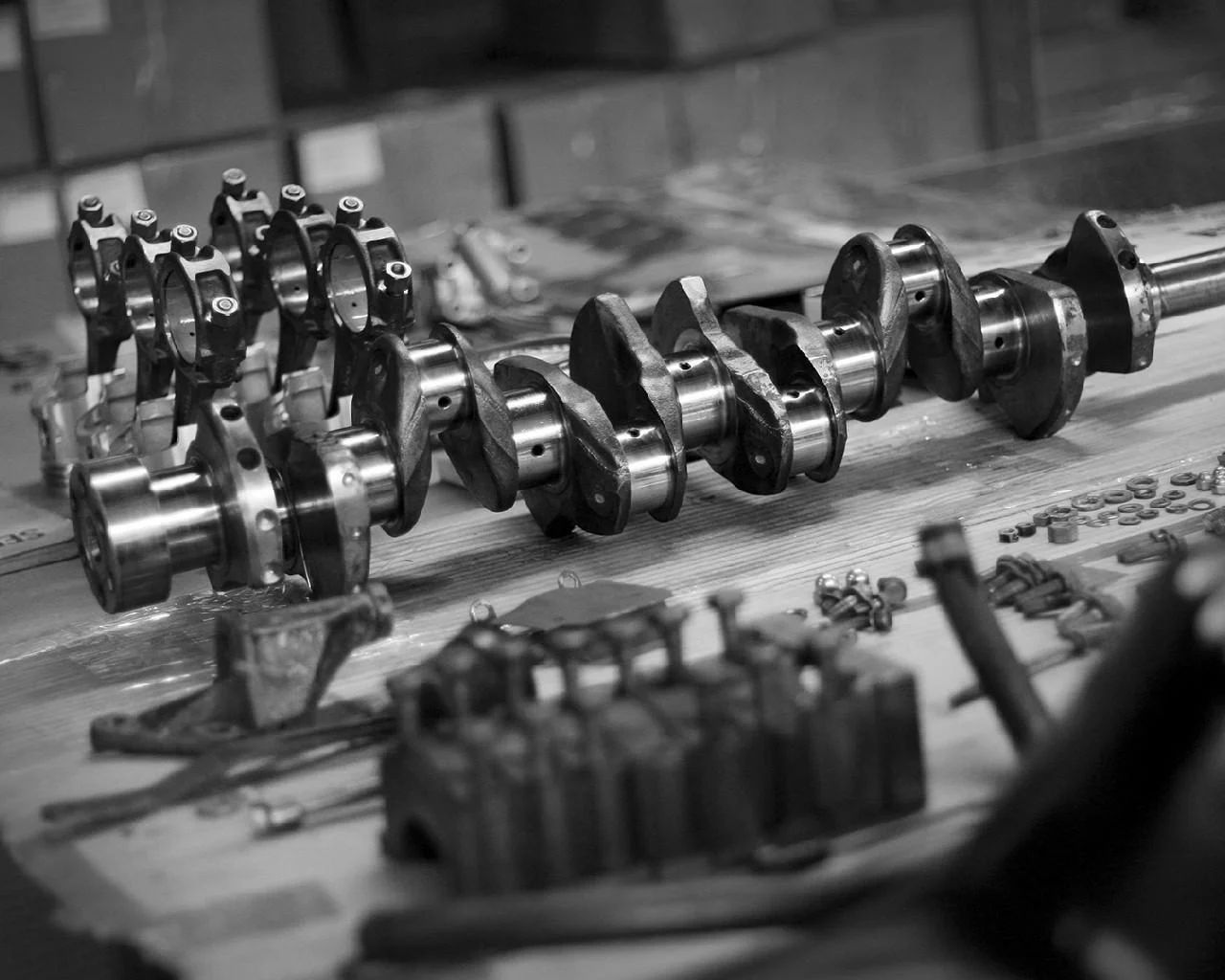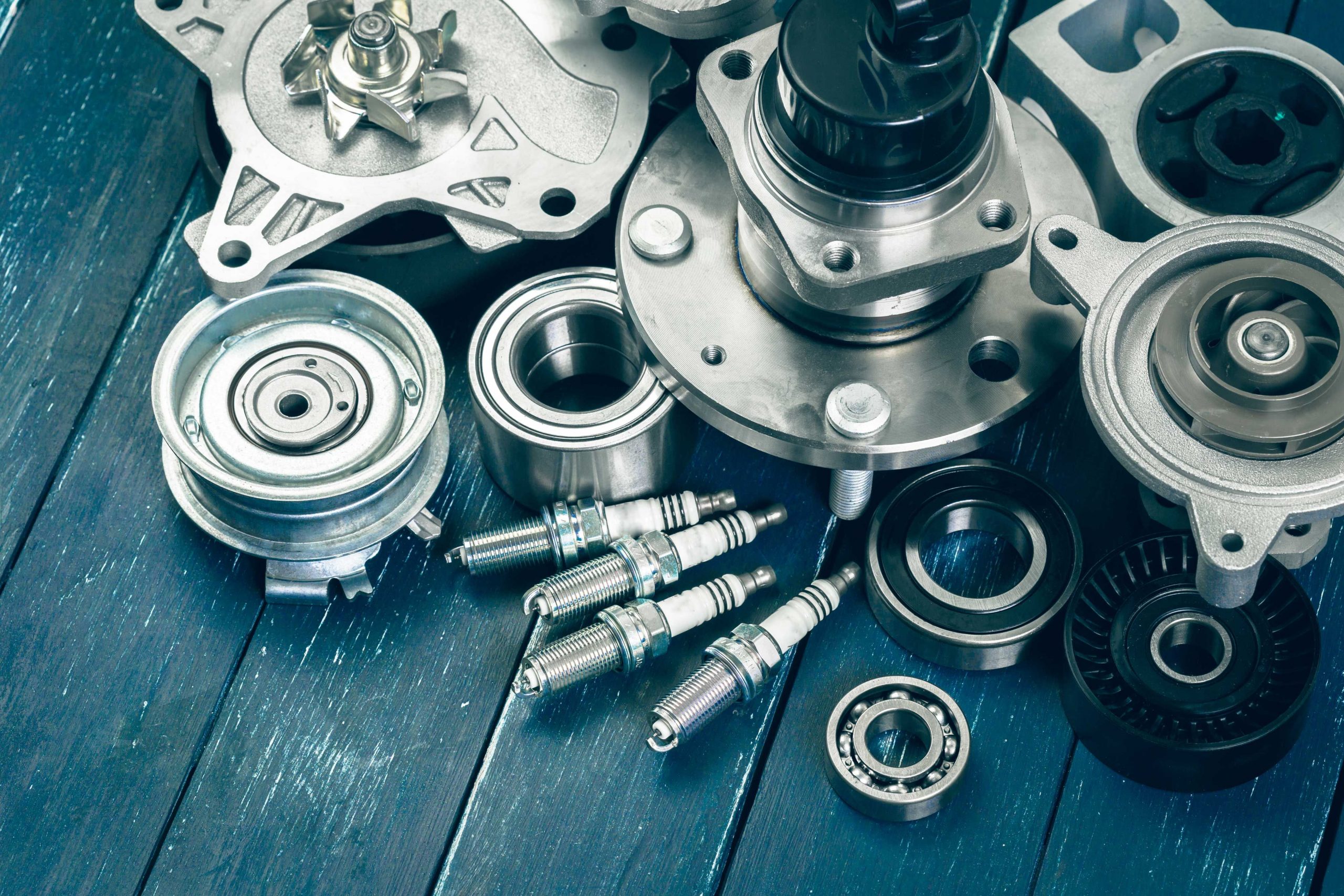Regular car maintenance is essential in ensuring the safety and longevity of a vehicle. It involves inspecting, servicing, and repairing various components of a car to keep it running smoothly and efficiently. Neglecting maintenance can lead to costly repairs, decreased fuel efficiency, and even accidents. In this article, we will discuss the importance of regular car maintenance, the components that require maintenance, and tips on creating a maintenance schedule and budget.
Importance of Regular Car Maintenance
Regular car maintenance has several benefits, including:
- Ensuring Safety: Regular maintenance helps identify potential issues before they become major problems. For example, a mechanic can spot worn-out brake pads during an inspection and replace them before they fail. This can prevent accidents and injuries caused by faulty brakes.
- Increasing Reliability: Regular maintenance helps prevent breakdowns and reduces the chances of unexpected repairs. This can increase the reliability of the vehicle and ensure that it is always available when needed.
- Improving Performance: Regular maintenance can help improve the performance of a car. For example, replacing a clogged air filter can improve fuel efficiency, while regular oil changes can improve engine performance.
- Increasing Longevity: Regular maintenance can help extend the life of a vehicle. By keeping components in good condition and identifying potential issues early, a car can last longer and require fewer repairs over its lifetime.
Components that Require Regular Maintenance
Several components of a car require regular maintenance, including:
- Brakes: The brakes are critical for ensuring the safety of a vehicle. Regular maintenance includes inspecting and replacing brake pads, rotors, and callipers as needed.
- Tires: The tires are essential for providing traction and stability. Regular maintenance includes checking tire pressure, rotating the tires, and replacing them when they become worn.
- Oil: The oil lubricates the engine and prevents it from overheating. Regular maintenance includes changing the oil and oil filter at recommended intervals.
- Battery: The battery provides power to the vehicle’s electrical system. Regular maintenance includes checking the battery’s voltage and replacing it when it becomes weak.
- Transmission: The transmission helps the car change gears and transfer power from the engine to the wheels. Regular maintenance includes checking and replacing the transmission fluid at recommended intervals.
Creating a Maintenance Schedule and Budget
Creating a maintenance schedule and budget is essential for ensuring that a car receives the necessary maintenance on time and within budget. Here are some tips for creating a maintenance schedule and budget:
- Consult the Owner’s Manual: The owner’s manual provides recommendations for maintenance intervals and schedules. Use this as a guide to create a maintenance schedule.
- Prioritize Maintenance: Some maintenance tasks are more critical than others. Prioritize the most important tasks and schedule them first.
- Set a Budget: Car maintenance can be expensive, so it’s essential to set a budget and stick to it. Consider the cost of parts and labour when creating a budget.
- Plan Ahead: Plan for future maintenance tasks, such as timing belt replacements or brake overhauls. This can help you budget for these tasks and ensure they are completed on time.
Regular car maintenance is essential in ensuring the safety and longevity of a vehicle. By regularly inspecting and maintaining critical components, a car can perform better, last longer, and provide reliable transportation. It’s essential to create a maintenance schedule and budget to ensure that maintenance tasks are completed on time and within budget. By following these tips, car owners can keep their vehicles in top condition and avoid unexpected repairs and breakdowns.




